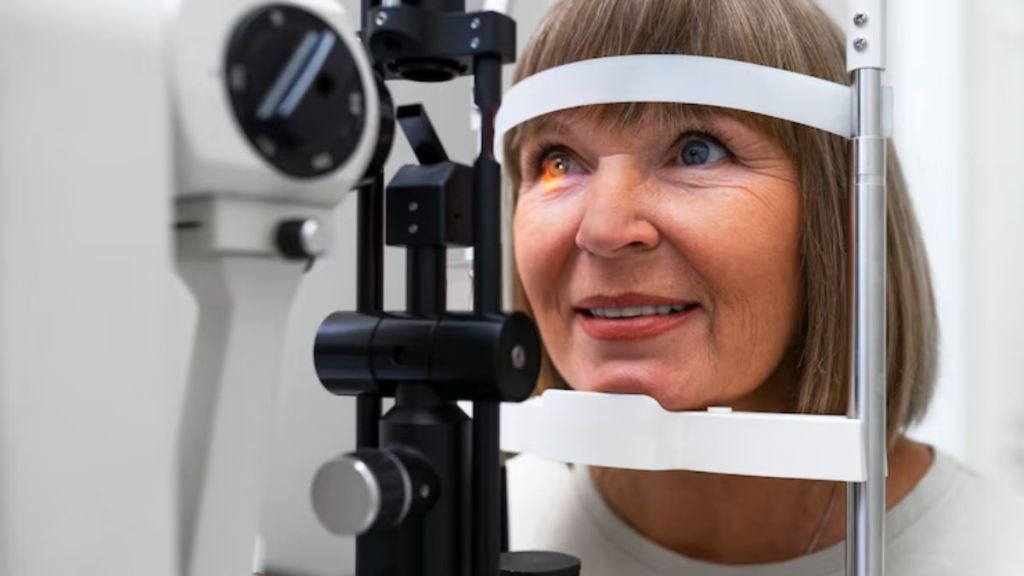Eyes are one of the most delicate organs in the body—and also the most overlooked. They help us see the world, yet many people ignore vision changes, brushing them off as a normal part of ageing or stress. But experts warn that age plays a big role in many serious eye problems, and overlooking symptoms can lead to lasting damage. “With longer life spans, increased screen time, and rising pollution, we’re seeing more people—especially over 40—coming in with vision complaints,” says Dr. Sujatha T, General Ophthalmologist and Cataract Surgeon at Dr Agarwals Eye Hospital, Kalyan.
While cataracts are a common age-related issue, they’re often confused with other, potentially more serious conditions like glaucoma, age-related macular degeneration (AMD), and diabetic retinopathy. “Understanding the difference between these conditions is not just academic—it’s essential for timely treatment and preserving vision,” says Dr. Sujatha.
What are cataracts?
Cataracts occur when the eye’s natural lens becomes cloudy, leading to blurry or dimmed vision. While they are most commonly age-related, other causes include eye injuries, long-term steroid use, radiation exposure, or even being born with the condition.
Symptoms of cataracts include:
- Blurry or diminished vision
- Sensitivity to bright lights and glare
- Poor night vision
- Reduced contrast sensitivity
“The good news is that cataracts are completely treatable through a quick and safe surgical procedure,” explains Dr. Sujatha. “We replace the cloudy lens with an artificial intraocular lens, and patients usually see a dramatic improvement in vision,” she said.
Cataracts vs Glaucoma
Unlike cataracts, glaucoma is a silent threat. It involves damage to the optic nerve, usually caused by increased intraocular pressure. Glaucoma can lead to permanent peripheral vision loss if not managed in time.
“Glaucoma is dangerous because it often has no early symptoms,” warns Dr. Sujatha. “It requires lifelong treatment with eye drops, laser therapy, or surgery. Catching it early can save someone’s sight.”
Cataracts vs Macular Degeneration
Age-related macular degeneration (AMD) is another condition that’s often confused with cataracts. It causes central vision loss due to deterioration of the retina’s macula.
“Patients with AMD often find it hard to read, recognize faces, or drive,” says Dr. Sujatha. “While there is no cure, intravitreal injections, medications, and lifestyle changes can help slow its progression.”
Cataracts vs Diabetic Retinopathy
Diabetic retinopathy, common in people with diabetes, affects the blood vessels in the retina. Symptoms include blurred vision, floaters, and eventually vision loss if left untreated.
“This condition is directly linked to blood sugar levels,” explains Dr. Sujatha. “Maintaining good diabetic control and undergoing regular retinal exams are critical,” she further said.
When should you see an eye doctor?
Any sudden vision changes—be it blurriness, halos, dark spots, or peripheral vision loss—should prompt a visit to an ophthalmologist.
“Eye problems may start subtly, but they can escalate quickly,” says Dr. Sujatha. “Regular eye check-ups, especially after age 40, can help detect issues early and preserve vision.”
Hence, while cataracts are highly treatable, they are not the only cause of vision loss. Knowing the differences and getting the right diagnosis can be life-changing for your eyes.








